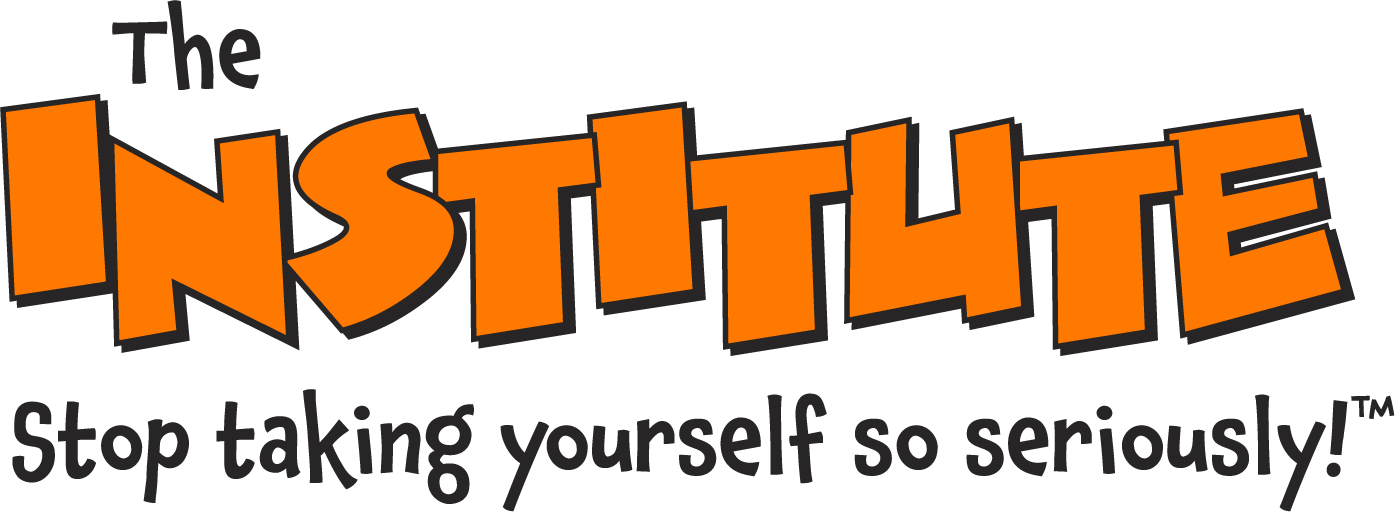Incompletely Evolved
I can’t stand it when essays, defined as “short literary compositions”, start off with definitions. If the issues are so complex that understanding them requires an unusual vocabulary, then we’re taking ourselves too seriously. And you are, by now, keenly aware of where I stand on THAT issue.
We humans (even with disproportionately long arms and hairy shoulders, I count myself among you) have a tendency to give ourselves a lot of credit. From learning the ABCs and knowing that flying F-bombs in front of your parents isn’t really cool, to making your first car payment and being named as boss, we develop skills and amass achievements that give us the confidence to survive and thrive in a complicated world. Congratulations, but everyone else might not be so impressed.
Confidence is one thing, but arrogance and super-inflated egos are another. I think we work awfully hard to differentiate ourselves from our primate brethren residing on the other side of the cage walls at the local zoo.
When we give ourselves too much credit a lot of bad things happen, mostly pertaining to our relationships with others. Confidence is one thing, but arrogance and super-inflated egos are another. I think we work awfully hard to differentiate ourselves from our primate brethren residing on the other side of the cage walls at the local zoo. From the time we awake to the time we drift off into La La land, we are predominantly driven to seek safety, be entertained and have sex. Beyond those motivators our differences are incremental, such as understanding words like “mellifluous” and “perspicacity.” Aha, you had to look those up, didn’t you?!
Our species is hugely driven by fears and parts of our brains of which we have very little awareness. Overcoming fears and pre-programmed behaviors takes a lot of practice, self-awareness and usually help from the outside—it’s that difficult. How these fears and behaviors play out in the workplace is profound, and not typically supportive of a thriving culture and business.
Leaders’ own fears might cause them to believe they are now in positions where they need to have all the answers, thinking that appearing fallible will cause employees to lose confidence or trust. Simply giving employees their tasks to support a top-down strategy and vision, whether or not they buy in, is a moot point. All they have to do is follow orders and everybody will be happy. Wrong. When leaders lead from what looks like strength, power, a know-it-all attitude and even a my-way-or-the-highway philosophy, it is impossible to nurture trusting relationships with those they lead. Without trusting relationships, a culture of fear predominates and the things that underlay a thriving business—like innovation, passion, purpose, talent retention, happiness, customer experience and optimal profitability—cannot happen.
I suppose it’s possible that a power-based leadership style might originate from a genuine belief and predilection in one’s superiority, without the basis of fear described above, but let’s give those egotists a face-saving exit from making other people’s lives miserable. No doubt some people are just jerks, and I say that they’re rarely worth working for, preferring to address my efforts at those for whom dysfunctional leadership styles are more a matter of SELF AWARENESS. Those people we can help.
When you come to realize that you’re not as evolved as you originally thought, and that you have a propensity for bananas and scratching your armpits, you may realize that YOU’RE NOT THAT BIG OF A DEAL. Let’s call this epiphany HUMILITY. FYI, I did check a couple definitions of humility, and neither referenced bananas and armpits, so this might be my very first original thought, ever.
When you come to realize that you’re not as evolved as you originally thought, and that you have a propensity for bananas and scratching your armpits, you may realize that YOU’RE NOT THAT BIG OF A DEAL.
Humility coexists beautifully with self-esteem, authority, creativity, strategic-thinking, intelligence and hard work. In other words, you can be a leader and humble at the same time. The question is, can one be a leader when an unhealthy appreciation for oneself doesn’t inspire people to follow? A leader without followers is something else, like lucky and overpaid.
Daniel Goleman, my favorite guru on emotional intelligence who coined the term EQ, does real research and writing on the topic. I subscribe to many of his findings and beliefs, occasionally repackaging and reporting them in more annoying ways. Daniel proposes a model of the mind as a three-tiered building with the first tier being the brain and the top being leadership competency. The middle, or second, tier contains four realms of emotional intelligence: self-awareness, self-regulation, empathy and social skill. With so many elements to emotional intelligence, I believe he’s wonderfully-covered most of the bases with these realms.
However, I believe that humility deserves its own realm, or even tier – it’s THAT IMPORTANT. Until we come to realize that collective wisdom is ALWAYS better than our own, that people will always be smarter, faster and better-looking, we risk thinking a bit too much of ourselves and alienating others. It’s very difficult, if not impossible, to develop the trusting relationships necessary to build an optimally-thriving enterprise without checking our egos at the door. And, by extension, our businesses are compromised with leaders who are disconnected from their fallible, imperfect human natures.

